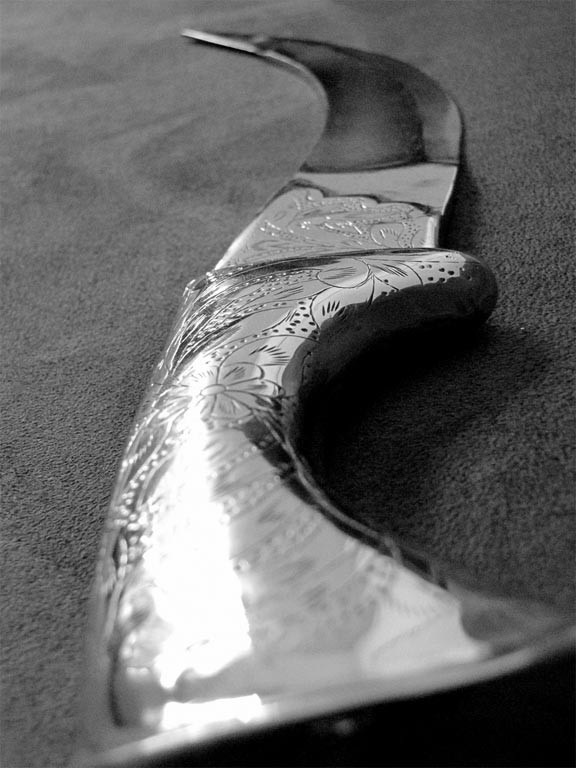Minority Rights Undermined
Sikh Delegates Denied Entry into Parliament for Kirpan Posession
Sikh delegates from the World Sikh Organization of Canada were invited to give a briefing on Bill 94’s implications in Quebec and Canada on Jan.18. Unfortunately, they were refused entry, as they were not permitted to enter the Quebec National Assembly with their kirpans—a religious dull-edged dagger worn by inaugurated members of the Sikh faith.
Sikhs are permitted to wear their kirpan at Parliament in Ottawa, legislatures across the country, events such as the 2010 Winter Olympics where security was critical, and all schools in Quebec. While the Sikh faith does not permit any face veils or coverings, the delegates intended to speak on behalf of religious accommodations for another minority group when they themselves were not accommodated. The media jumped on the story, and in less than a couple of hours the news was everywhere.
I’m not Muslim, so why should I care?
After the completion of hearings on Bill 94, Parti québécois member Louise Beaudoin told reporters, “multiculturalism may be a Canadian value, but it is not a Quebec one.”
That statement reminded me of the poem “First they Came” written by Pastor Martin Niemoller, which expresses his sentiment that if nobody spoke out for marginalized groups then eventually there would be “no one left to speak out for me.”
Let’s think about the real issue at hand: a minority group being singled out and having its rights taken away because of what the majority wants. If we allow Bill 94 to pass, what will be next? The Muslim hijab? Will it be the Sikhs’ turban? The Jewish kippah? The Christian cross? Or all of them together, like in France? Is this issue so important that we need to ban those donning the garment from ALL public institutions, such as schools and libraries? Can we not reasonably take care of the security issues without forcing them to give up their article of faith?
Let’s think about the real issue at hand: a minority group being singled out and having its rights taken away because of what the majority wants.
It’s estimated that less than one hundred Muslim women wear the niqab in Quebec. Is this issue so important that we need to ban those donning the garment from all public institutions, such as schools and libraries? Can we not reasonably take care of the security issues without forcing them to give up their article of faith?
As a large multicultural institution in Quebec, Concordia represents what Canada’s culture is truly about—a mosaic of different cultures, races and religions, that function with mutual respect for one another. We don’t hear of many racism issues at Concordia because they rarely ever occur; our school’s community is a model of the future of this city, and they represent a diverse culture.
What Beaudoin said was not only incorrect but also insulting to the great number of Quebecers who consider their neighbours as equals rather than outsiders. We cannot stand by and watch while yet another group has their rights taken away from them.
Imposing rules that force people to abandon certain cultural or religious practices does not adhere to the Canadian way of life and it’s not productive. It creates an atmosphere of intolerance and inequality. The future and survival of Canada depends on a dynamic and open multiculturalism policy that respects and honours the cultural and religious beliefs of all—so long as they do not violate existing laws.
Bill 94 is both morally and legally offensive, and should not be passed. To do so would set a dangerous precedent which would significantly erode the rights of women, as well as minority religious communities living in Quebec—and, potentially, across Canada.
This article originally appeared in Volume 31, Issue 21, published February 1, 2011.



